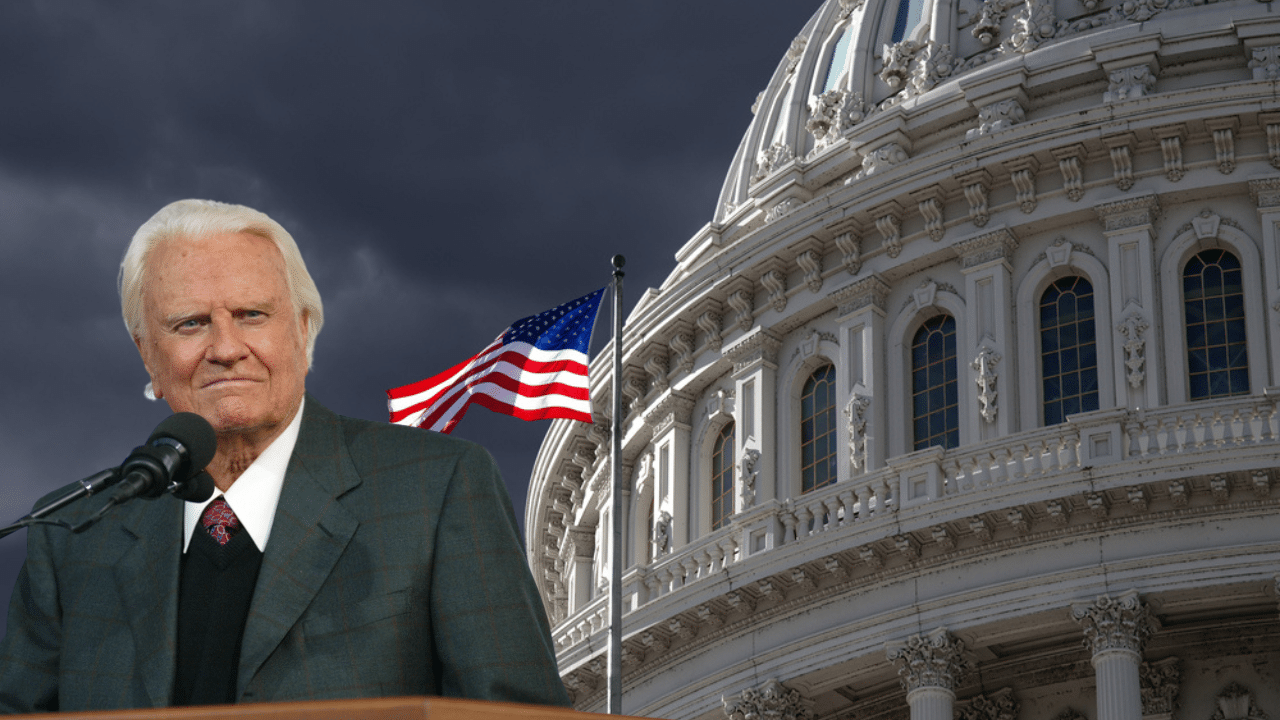Regulators seized the troubled Philadelphia bank Republic First Bancorp FRBK -60.00%decrease; red down-pointing triangle and sold it to fellow regional lender Fulton Financial FULT 0.39%increase; green up pointing triangle, the fourth high-profile bank failure since last spring.
The Pennsylvania state regulator closed the bank on Friday and sold it after an auction run by the Federal Deposit Insurance Corp., confirming an earlier report by The Wall Street Journal.
Republic First faced some of the same problems as the three regional banks that failed last year: paper losses on bonds that lost value as interest rates rose and high proportions of uninsured deposits that can quickly flee.
In the first quarter, Lancaster, Penn.-based Fulton had about $28 billion in assets and around 200 locations throughout Pennsylvania, Delaware, Maryland, New Jersey, and Virginia.
A deal with the much smaller Republic First should allow it to scale up some without the increased regulatory scrutiny that comes when banks have more than $50 billion in assets.
Fulton said the deal would nearly double its size in the Philadelphia market, and all the Republic First branches would reopen as Fulton at their regularly scheduled hours.
People familiar with the matter said regulators had been prepared to seize Republic First late last year before the bank announced it had reached a deal with investors to shore up its balance sheet. After that deal collapsed this March, the FDIC resumed efforts to seize and sell the bank.
Republic First operated branches in Pennsylvania, New Jersey, and New York under the name Republic Bank. At the end of 2023, it had around $6 billion in total assets.
People familiar with the matter said several banks had been exploring making offers. The most interested were expected to be midsize banks with established beachheads in or near Republic First’s network of branches that dot the Philadelphia suburbs and stretch across the Delaware River into western New Jersey.
The people said that the lender’s relatively small footprint didn’t move the needle enough for larger regional banks, including PNC Financial Services Group and Citizens Financial.

















